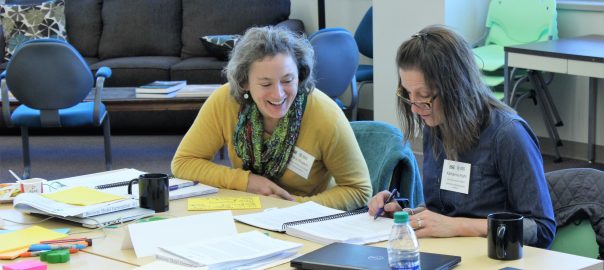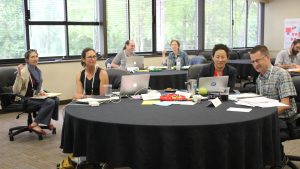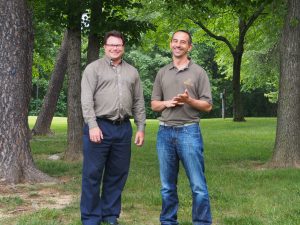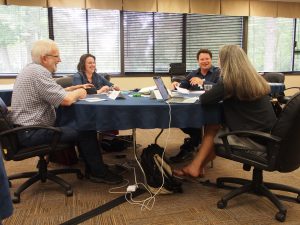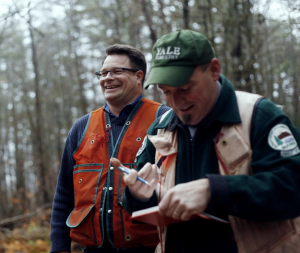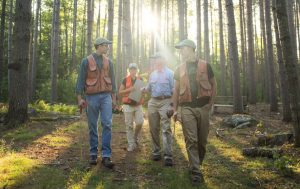A few months ago, the Sustaining Biological Infrastructure (SBI) Training Initiative released a brand-new training: Creating a Successful Business Plan.
This 2-day course is for people with a background in program management. Participants get to workshop a specific business plan with the opportunity for a follow-up consultation with their expert instructor. This course builds upon the skills gained through our signature three-day Strategies for Success course, which is focused on providing participants with program management skills, and workshops a pitch and strategic plan. These courses are designed for different experience levels, but without formal training it can be challenging to decide which training to start with.
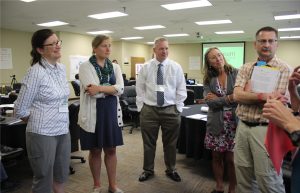 The SBI team and our expert instructors developed a few short questions to help you better understand what each course offers, and what sort of background qualifies you as prepared to move on to the more advanced class. The easiest way to know you’re ready to move on to the Business Planning course, would be to first take our Strategies for Success course. Participants who sign up for both can access a special discount of their Business Planning course fee (email us to learn more) and can rest easy knowing they’ll be completely prepared for the more advanced class. But if you’re unable to take both courses or feel your skills are too advanced for Strategies for Success, check out these questions:
The SBI team and our expert instructors developed a few short questions to help you better understand what each course offers, and what sort of background qualifies you as prepared to move on to the more advanced class. The easiest way to know you’re ready to move on to the Business Planning course, would be to first take our Strategies for Success course. Participants who sign up for both can access a special discount of their Business Planning course fee (email us to learn more) and can rest easy knowing they’ll be completely prepared for the more advanced class. But if you’re unable to take both courses or feel your skills are too advanced for Strategies for Success, check out these questions:
When thinking about these yes or no questions, it helps to have a specific project or program goal in mind that you would be working on during the training:
- Do you feel like you have a good grasp of your project’s finances, what resources you need to maximize your impact, and where and how best to acquire those resources?
- Does your project have a compelling strategic plan that provides a sound basis for guiding new activities and supporting fund-raising?
- Can you state your project’s vision, mission and value proposition from memory? Do you and others find them concise and powerful?
- Does your plan incorporate ways to monitor, document, and communicate success?
- Do you feel like you fully understand who your stakeholders and users are and what they need?
If you can confidently answer “yes” to all of these questions, you’re probably ready to go straight for Creating a Successful Business Plan. If you answer “no” or feel uncertain on three or more of the questions, take another good look at the ‘Strategies for Success’ course outline and see if you think the tools and skills mentioned seem beneficial to you. Also look at the items in the “what you will learn and do” column and consider if they would help make your five year plan more effective.
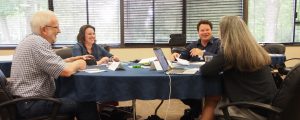 Tell us about your decision! Are you ready to move on to Creating a Successful Business Plan, or will you be joining us at Strategies for Success first? Sign up for our Training News email list to stay up to date on upcoming courses.
Tell us about your decision! Are you ready to move on to Creating a Successful Business Plan, or will you be joining us at Strategies for Success first? Sign up for our Training News email list to stay up to date on upcoming courses.
Still unsure? We want you to find the most appropriate training opportunity for your experience-level! Please don’t hesitate to reach out to us to learn more, ask more questions, or seek guidance: sbi@esa.org


